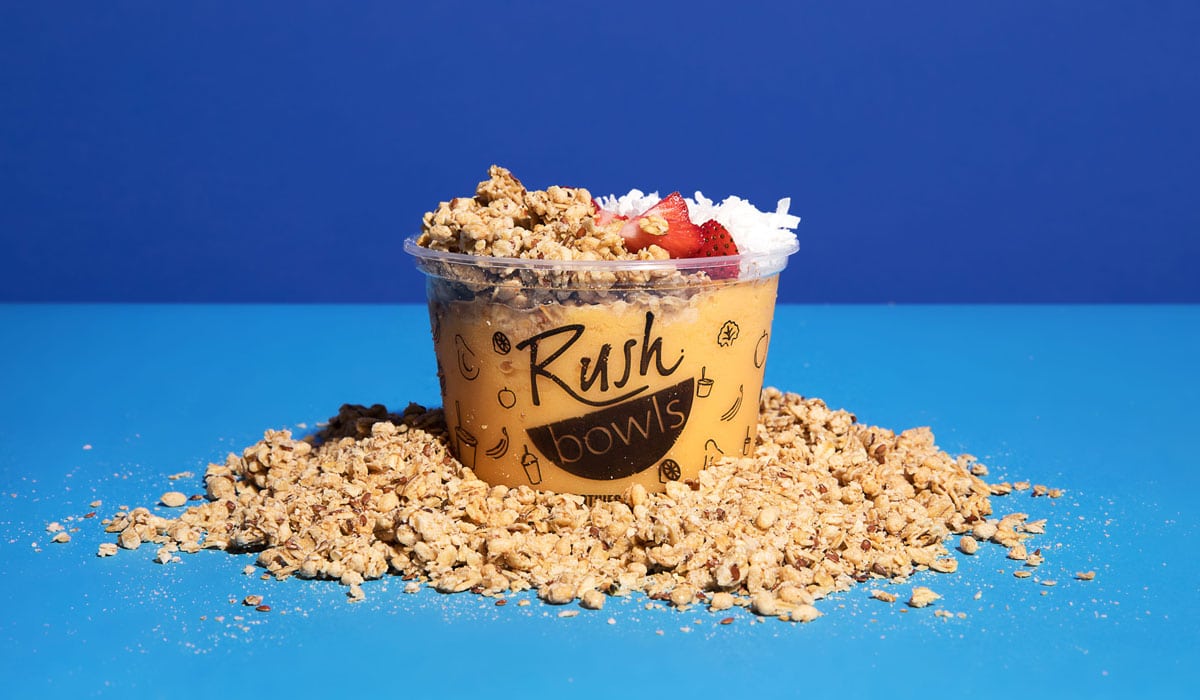During the height of the pandemic, sales at most established pizza franchises soared. Pizza was easy, and most of all, comforting, during a time of heightened stress.
But as conditions stabilize, health-oriented franchises are bouncing back and expanding. Pizza sales hiked during COVID because many people stayed home, didn’t want to dine indoors, and the product arrived via delivery “hot and ready to eat,” says Liz Moskow, principal at Bread & Circus, a food advisory company based in Denver.
An increasing number of customers worked from home and prepared their own lunches and dinners, which cut into the revenue at the healthier franchises, she says.
When safety fears subsided, though, many people had put on weight, wanted to lose it, and started returning to dining at more nutritious-based chains. “Taking time for a healthy bowl or salad at lunch fits into the ‘self-care’ trend that people are adopting into their everyday lifestyle,” Moskow says.
Moreover, franchisees left jobs that they felt trapped in, preferring to become entrepreneurs and run their own business. Smoothies and bowls, Moskow says, are mostly straightforward, “don’t require culinary prowess or training, and align with many people’s lifestyle choices.”
Take Rush Bowls, which is dedicated to healthy fruit and vegetable bowls. It launched in 2004 and started franchising in 2016. It has grown to 37 locations, with 35 franchised and two company owned, covering 21 states. In 2022, as of publication, the brand debuted five new outlets with 10 slated to open by year’s end, all franchised. And in 2023, it has ambitions to add 25–50 retail stores.
Andrew Pudalov, Rush Bowl’s CEO and founder, attributes its rapidly expanding franchising to the “rise in demand for healthy food within the [quick-service restaurant] space, as well as our smaller, more efficient store footprints.” His chain has capitalized on the delivery and takeout sector and technology, which now generates 30–60 percent of its revenue, depending on location.
To become a franchisee at Rush Bowl “you don’t need to be a food connoisseur. We look for business experience and savvy,” says Pudalov, a former derivatives trader in New York City for 15 years. Its target audience is “young adults to people aged 50, who make Rush Bowls a part of their diet as opposed to the Subway sandwich model,” Pudalov adds. Its bowls are 16 ounces and about 500 calories, topped with granola or fruit. “Our busiest time is lunch,” he says.
Four of its latest locations include Birmingham, Alabama; Metairie, Lousiana; and Naples and Gainesville, Florida. “A lot of these communities are ill-served with health food, and there’s not a lot of competition. When a health food restaurant moves in, people gravitate there,” Pudalov says.
Rush Bowls specializes in bowls and smoothies, not salads or sandwiches, which differentiates it from competitors. Indeed, 80 percent of its business derives from bowls.
Despite plans to add 25 new stores or more in 2023, Pudalov says he can avoid the traps of growing too fast because the company is privately owned, carries no debt, has taken zero private equity money, and plans to scale at its own pace.
Locations are also rising at Vitality Bowls, which now has 130 outposts, seven corporate owned, and the rest franchised, in 19 states. In 2022, as of press time, it had already added eight stores with five more openings on tap for the remainder of the calendar. Its overall revenue spiked to $37.9 million in 2021 from $31.7 million in 2020.
Vitality Bowls was launched in 2011 in San Ramon, California, by Roy and Tara Gilad, inspired by trying to find nutritious meals for their daughter who suffered from food allergies. Tara says its competitive edge is it doesn’t add sugar, frozen yogurt, sorbet, or any unhealthy fillers to smoothies and acai bowls.
Tara, who is president and cofounder, says franchising is going well because, “being in the wellness category helps protect us from recession. We’re a more affluent ticket and people because of COVID are more focused on their health.” The fast casual’s ideal franchisee, Gilad says, is “a passionate, driven entrepreneur who is mentally strong and can build a positive culture in each location.” Then, “we help them figure out financially how they can open one or multiple locations.”
The husband-and-wife team of Pam Vivio and Mijo Alanis started Beyond Juicery + Eatery in 2005, which has grown to 38 locations with 36 franchised and two company-owned. And it’s been expanding at a healthy clip, too, adding 14 franchised outlets in 2021, three in 2022, with plans for seven to 10 franchises in 2023.
Mijo says the brand’s success stems from the way it “makes people feel good and not sluggish” compared to dining at most fast-food eateries. In 2022, it introduced new menu items that are going over well, such as a chicken Caesar wrap, and coming this fall is a warm grain bowl with chicken. Its target customers include mostly females aged 29 to 35 years old, who are often “ladies on the run and supermoms;” 15-to-22-year-old male and females; and people 45 and up who are aiming to be healthy. Before the pandemic, its stores were generally 2,000 square feet, but after cutting back on employees, it streamlined to 1,000–1,200 square feet.
Ultimately, more Americans are focusing on “what they put into their body,” and that means healthier alternatives to pizza and cheeseburgers and fries, explaining why Beyond Juicery is growing, he says.








